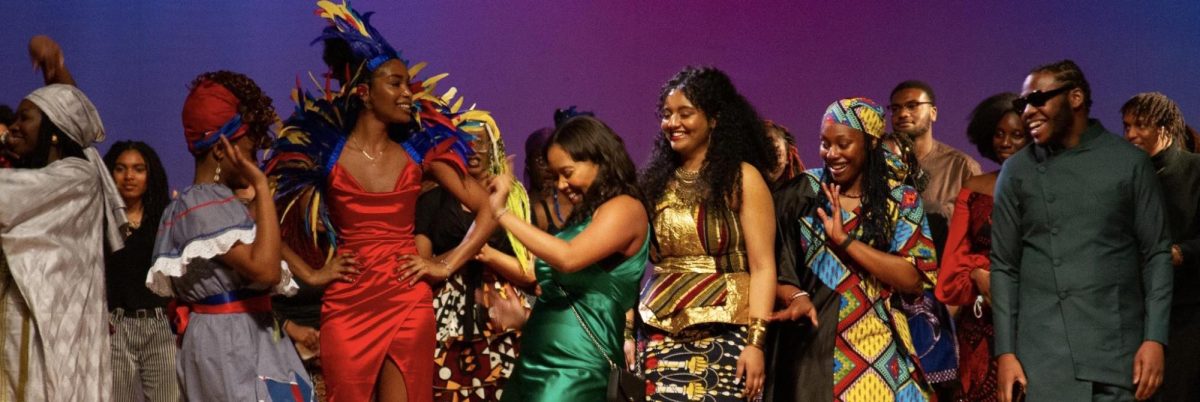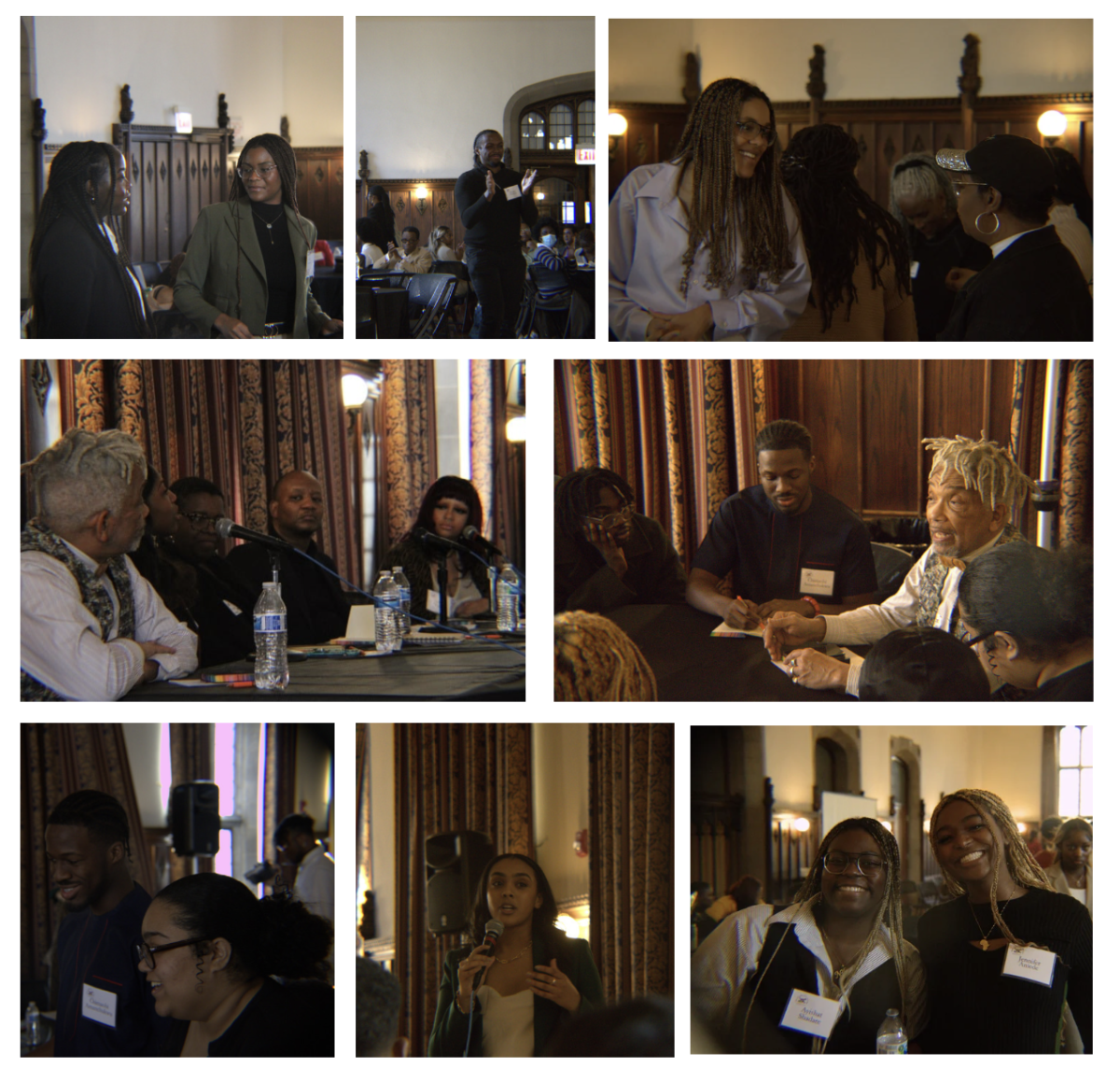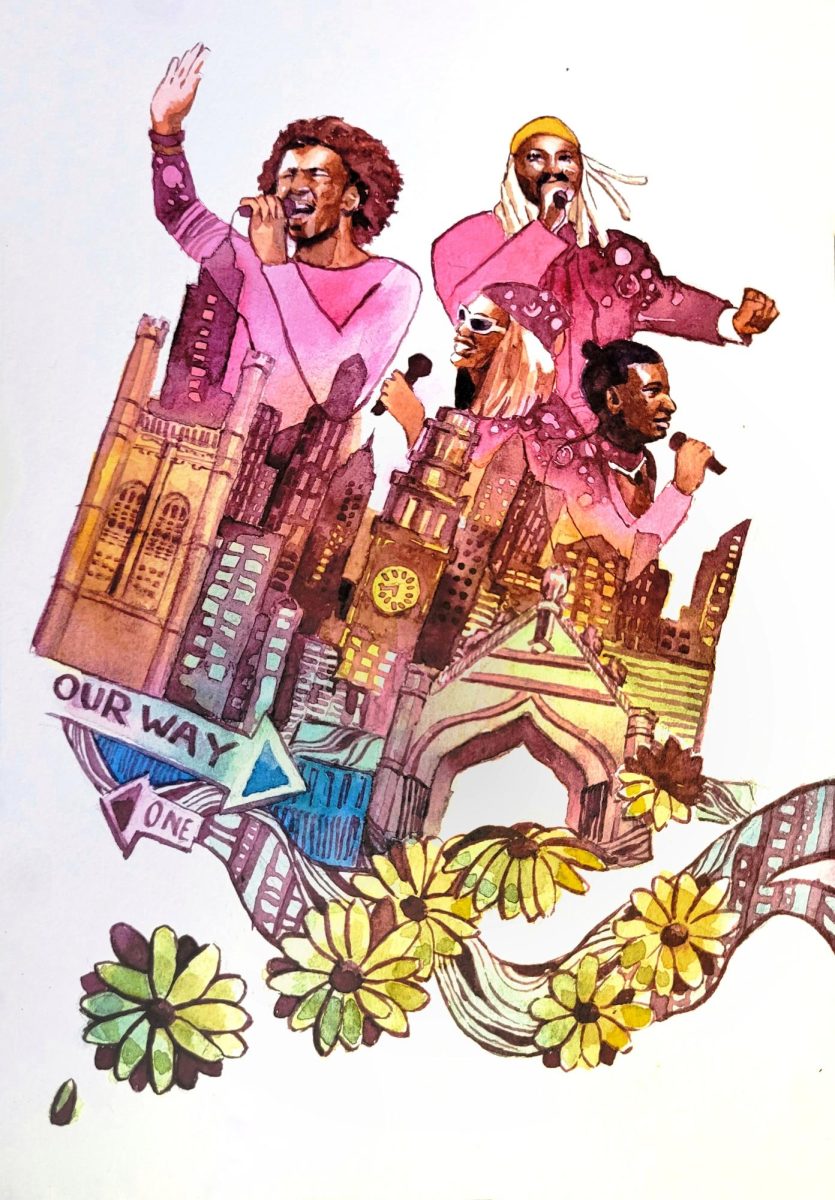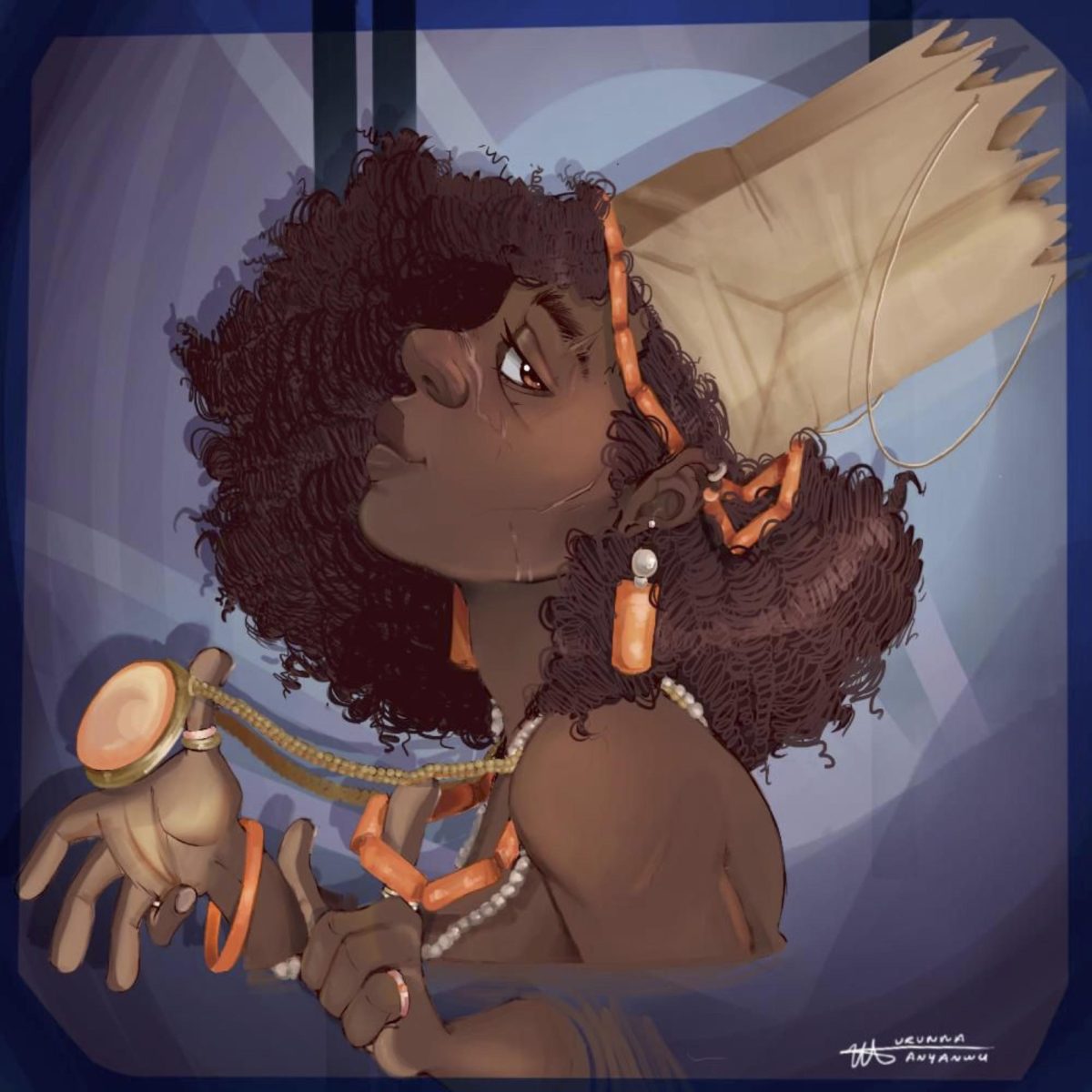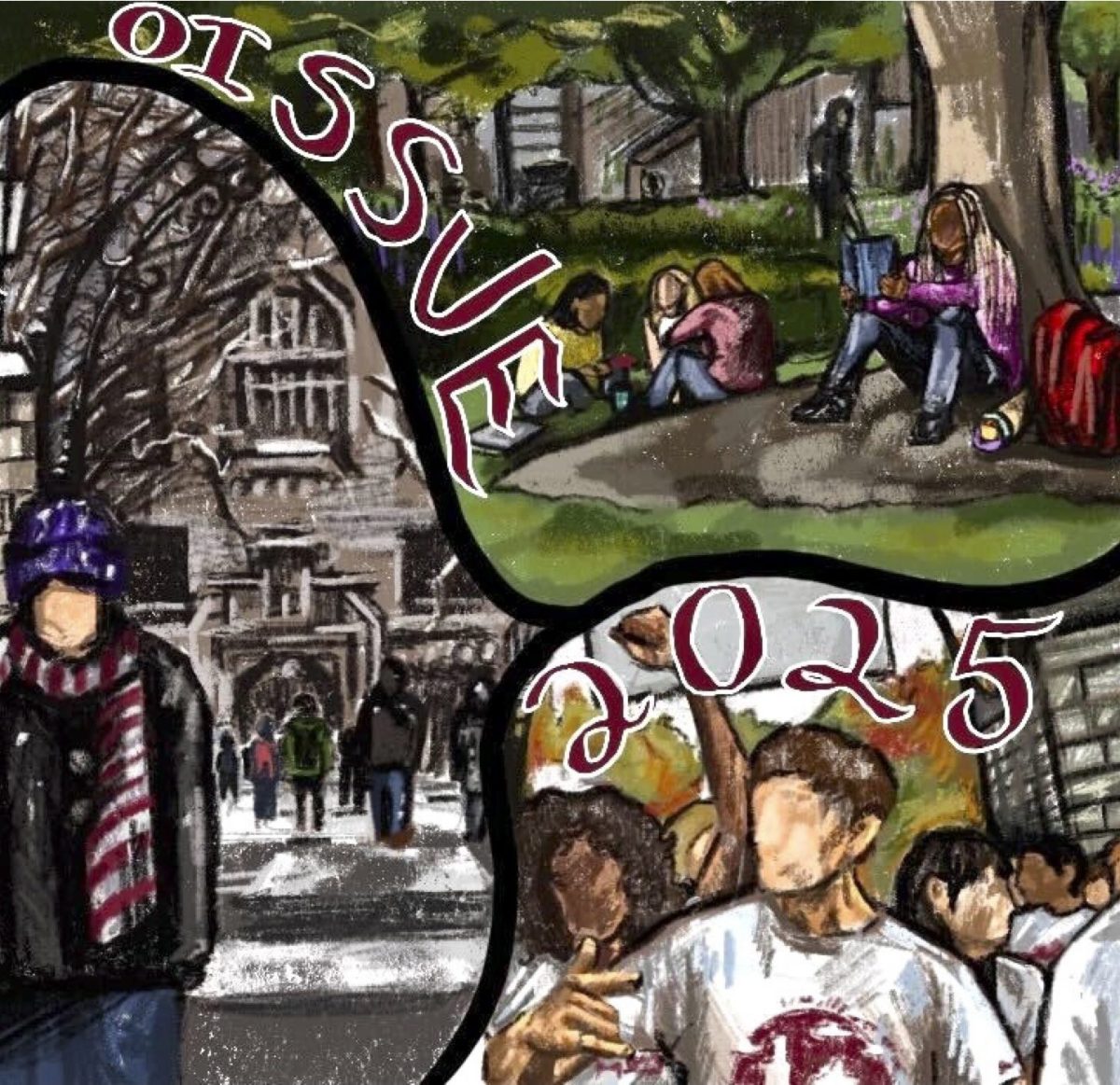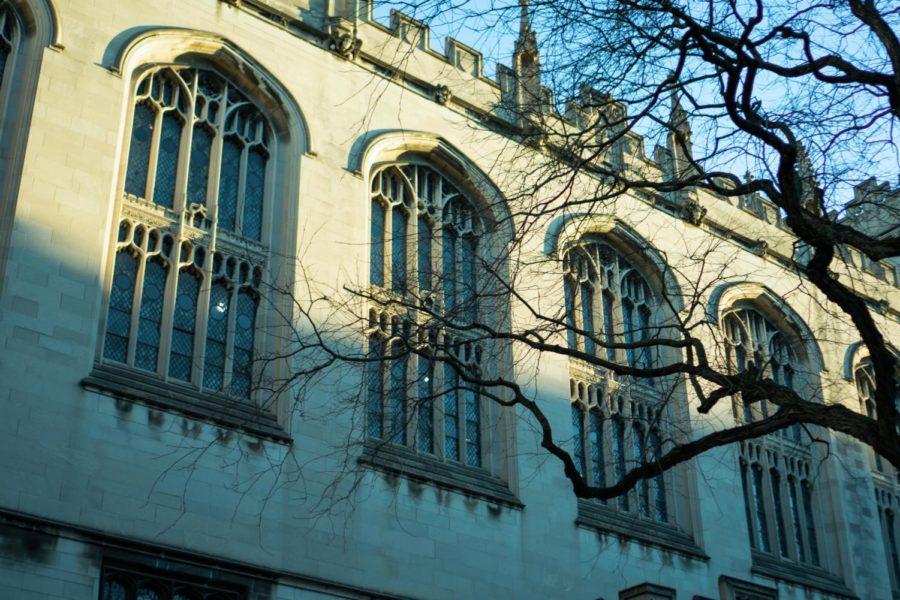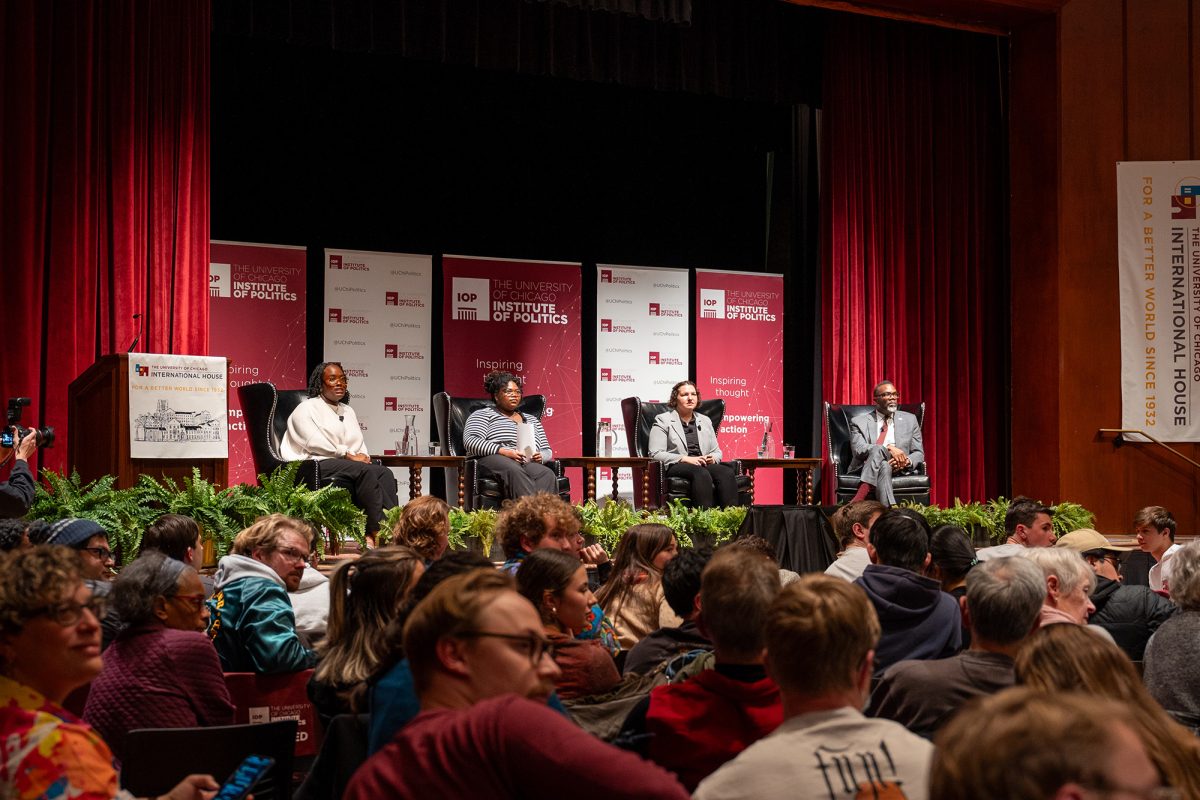When asked what the African Caribbean Student Association (ASCA) is, co-president Darasimi Adeyemo says he likes to think of it as a shoulder to lean on.
“During my first year, after COVID guidelines began to ease up, it felt like one day I just woke up in a completely new city with new faces and new responsibilities. I felt untethered. ACSA offered me a community in a way I hadn’t experienced before. Throughout a year filled with new challenges at every turn, ACSA reminded me that I was not alone. And that goes a really long way. That’s what I want to be able to give back.”
Similarly, co-president Arianna Lafontant characterized ACSA by its unique opportunity to be both “a space where people can not only learn and have sophisticated discussions about the issues that plague our communities, but also go out with friends and listen to afrobeats and dancehall.”
To one of ACSA’s creative directors, Yannick Tanyi, “being a part of ACSA means not only being in a community that goes beyond friendship, but a people that you can call family.”
And especially at primarily white institution’s, Aminata Oua, our community service chair, believes ACSA serves as a reminder of the powerful presence and community of Black students on campus.
ACSA is UChicago’s African and Caribbean Student Association. ACSA provides a safe space for Caribbean and African students and others to learn, experience, and enjoy African and Caribbean culture by hosting weekly events throughout the quarter. Our mission is to unite and uplift the voices of the Africans and Caribbeans who have found themselves within the UChicago Community. By celebrating differences and similarities throughout the diaspora, they establish themselves as a support base for Black students in UChicago’s rigorous and challenging environment. Last quarter ACSA held events like African and Caribbean music listening parties, Pan-Africanist theory discussions, paint and sip study breaks, pumpkin carving, gender and sexuality workshops, and many more.
Co-chair of social media and communications, Amy Diaby hopes, “ACSA events are particularly helpful to people who are first generation or living in the diaspora because we are able to showcase our culture and learn about others. Sometimes we have a disconnect with back home, and the ACSA events try to rebuild the connection between the world back home and the very different one at UChicago.”
The biggest event of the year is the culture show. In previous years, the culture show has highlighted Black excellence and art across the diaspora with dance performances, pageants, poetry readings, comedians, and of course, a delicious dinner afterwards featuring Caribbean and African cuisine.
Creative director Malaz Nour says this year will be “bigger and better than it was in years past, featuring more community participation from small businesses and artists in Hyde Park.”
In addition to its wide array of cultural programming, ACSA is also a prominent political organization on campus. The pedigree of survivorship, resistance, and freedom that flows through the veins of those who come from and descend from many countries in the African and Caribbean empowers us to be champions of justice everywhere. Because of these values, ACSA stands for justice and equality for all. Along with organizations like Organization of Black Students, Organization of Latin American Students, Arab Student Association, Indigenous Student Association, MECHA, Pakistan Students Association, and South Asian Students Association, ACSA is responsible for being campus leaders in combating injustice both here and across the world. To this end, ACSA holds events such as fundraisers and seminars. Last spring quarter, ACSA held a fundraiser for those afflicted by the war in Sudan. This past fall, ACSA raised money to help fund Read2Lead, a non profit organization that focuses on literacy and the construction of libraries in Ghana. On top of this, ACSA has also hosted a Pan-Africanist seminar and discussion to cover theories and teachings from those like Guyanese activist and scholar Walter Rodney, Marcus Garvey of Jamaica, W.E.B. Du Bois, and Kwame Nkrumah of Ghana.
Looking towards the future of ACSA, Adeyemo and Lafontant both emphasized two continuing goals. The first is the importance of ACSA as a vehicle to welcome and introduce underclassmen.
Adeyemo believes that “mentorship is a cornerstone of community building. Upperclassmen should continue reaching out and being available to the first and second year students to share the lessons they’ve learned here.”
The second goal is ACSA’s community. ACSA would like to tap into their alumni connections to strengthen community ties between those who are here now and the many more that have graduated before us. Additionally, Adeyemo and Lafontant highlighted that ACSA will continue working on branching out into communities in the Chicago Area. Currently, community service chair, Aminata Oua, is currently working on an event to reach out to the migrants in the Chicago area.
I was familiar with ACSA before I even applied to UChicago; I remembered hearing about ACSA at an admissions session and immediately began to follow their instagram to see all of the amazing projects they were working on. Since then, I knew I wanted to run to become a first-year representative and immerse myself in ACSA’s environment. Growing up, I had only ever met a handful of Guyanese people who were not a part of my immediate family. Since I’ve arrived on campus, not only have I found a Guyanese community, but ACSA has been one of the most comfortable spaces and feels like a home away from home for me. Whether it is to learn, listen to music, eat amazing food, or just meet new people, I truly hope that everyone can find a community and family in ACSA and continue to strengthen and support the presence of African and Caribbean culture here at UChicago.



